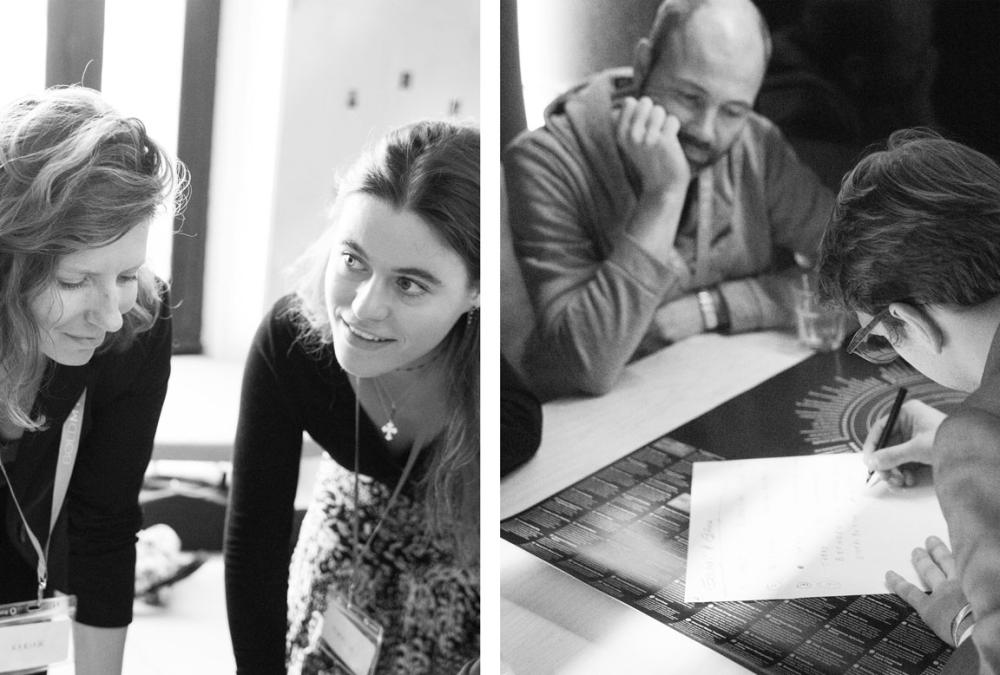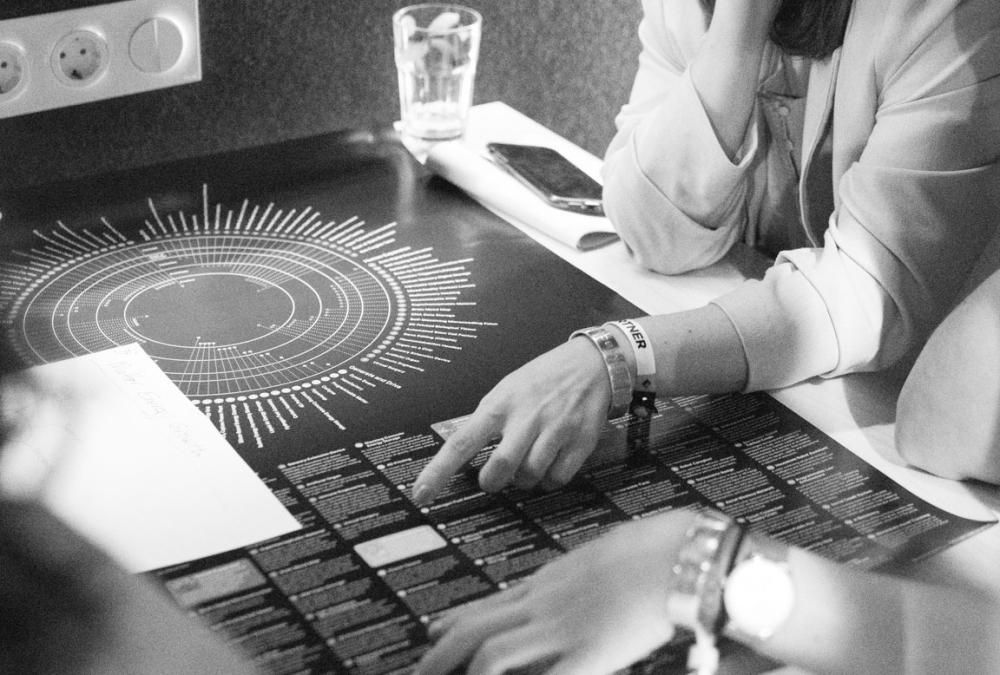


We must go beyond what we can imagine
Today we must go beyond what we can imagine: Today our challenges call for us to question the very foundations of how we work, after all our best practices got us to this point — the brink of a global catastrophe. Our current knowledge, practices and imagination are tied to this problematic legacy. We need genuinely new approaches that begin from the assumption that the future must be different from what we can know and imagine.
How to proceed?
1. Favor Headings over Plans:
The key to moving beyond the patterns and limits of knowing and the imagination is to favor a general heading or horizon as that which one is aiming towards, rather than a specific plan that one is carrying out. This general “horizon” orients efforts while allowing one to experiment broadly in ways that will allow novelty to emerge and one to learn, pivot and adapt in novel dynamic manners to unforeseeable emergent creative opportunities.
2. We are in the business of inventing new worlds:
The radical experimentation we are calling for involves the development of the qualitatively new. This is not a continuation, improvement or variation of what is known — but something qualitatively different. We need to be in the business of inventing paradigm shifts and new ways of being alive — in short new worlds.
3. Develop and trust emergent processes:
Experimenting beyond what we know towards qualitative differences involves following and experimenting with emergent novelty. Our experiments can go beyond the known if we develop new processes that probe dynamic systems into revealing new possibilities that can be followed and stabilized into something paradigmatically new. Trust the process…
4. We and the novel outcomes will co-emerge with the process:
Emergent processes do not simply lead to new outcomes that we can claim to be distinct and unaffected by — The dynamics of the experimental process change us as well as what we are exploring. Radical innovation is a co-evolutionary process that changes us and our world.
5. We need to critically refuse the habits, practices and assumptions of the past:
The new will not emerge if we do not actively refuse the old at every level from concept to environment to tools.. Refusing the old is an active practice of disclosing the deep seated patterns and habits of the past and skillfully blocking these within every concrete experimental situation.
6. Innovation involves the invention of creative constraints:
Innovation requires more than the blocking of the old rules, it involves the development of new generative rules, enabling constraints and productive limits. These happen at the level of concepts, practices, environments, materials and tools.
7. The unexpected and the unintended are the greatest source of creativity:
Everything pushed into a new context harbors novel unintended possibilities. Here experimentation becomes critical — such possibilities emerge only in action. The unintended emerges most forcefully when the known is constrained. Iterating and following the unintended opens up qualitatively novel pathways that allow for novel paradigms to emerge.




